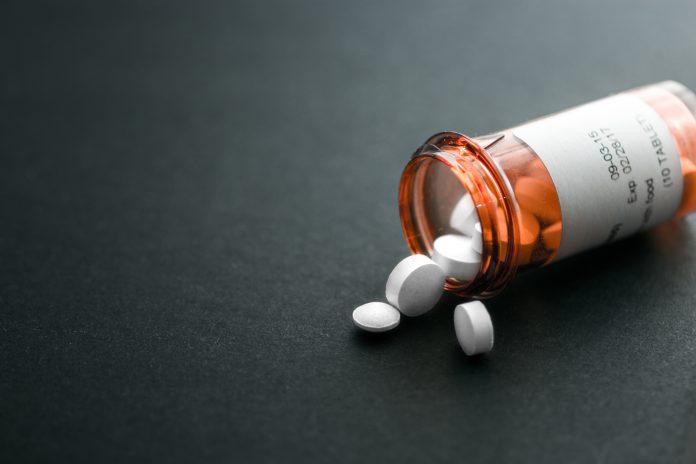The Competition and Markets Authority (CMA) will investigate whether the pharmaceutical company Essential Pharma has abused a dominant position in relation to lithium-based medicines for treating bipolar disorder, which it sells under the brand names ‘Priadel’ and ‘Camcolit’, by proposing to withdraw the supply of Priadel to UK patients. The withdrawal of Priadel would mean that thousands of patients need to switch to alternative, more expensive, lithium treatments, such as Camcolit.
The vast majority of patients in the UK taking a lithium-based drug to manage their symptoms rely on Priadel. The proposed removal of Priadel prompted serious concern from medical bodies and charities who said that switching bipolar medication can be a difficult process for patients and may cause health complications, as well as significantly raising costs. This is particularly concerning at a time when the national health service is under unprecedented pressure because of the coronavirus (COVID-19) pandemic.
The Department of Health and Social Care (DHSC) had requested that the CMA impose ‘interim measures’ to pause the withdrawal of Priadel while the investigation is ongoing. However, following the opening of the CMA’s investigation, Essential Pharma has informed DHSC that it will continue to supply the drug to facilitate discussions on pricing, removing the immediate threat to patients. The CMA’s investigation remains open as the threat of withdrawal remains unless a satisfactory agreement is reached on price.
Andrea Coscelli, Chief Executive of the CMA said:
Thousands of people across the UK rely on lithium-based drugs to manage bipolar disorder, so it’s important that we protect their interests by scrutinising potential competition concerns to reach a fair conclusion as quickly as possible.
We welcome Essential Pharma’s decision to continue supply for the time being, while it tries to reach an agreement with the Department of Health and Social Care on price.
The investigation by the CMA is ongoing and no decision has been made as to whether the law has been broken.
More information can be found on our investigation into supply of lithium-based medication case page.
Notes for editors
-
The CMA has reasonable grounds to suspect that Essential Pharma may have infringed the Chapter II prohibition of the Competition Act 1998 and has decided to open the investigation in accordance with its Prioritisation Principles.
-
The Chapter II prohibition of the Competition Act 1998 prohibits the abuse of a dominant position by one or more undertakings which may affect trade within the UK or a part of it.
-
The CMA may impose interim measures under section 35 of the Competition Act 1998 if it has opened but not yet completed an investigation and it is necessary to act urgently to prevent significant damage to a specific person or category of persons or to protect public interest. If the CMA decides to impose interim measures, it may impose interim directions which will apply until the investigation is concluded.
-
At the end of an investigation, the CMA may impose a financial penalty on any business found to have infringed the Chapter II prohibition of up to 10% of its annual worldwide group turnover. In calculating financial penalties, the CMA takes into account a number of factors including seriousness of the infringement(s), turnover in the relevant market and any mitigating and/or aggravating factors.
-
Find more information about Prescription Cost Analysis (PCA) data for NHS England, which shows the number of prescriptions for Priadel.
-
Read a public letter to Matt Hancock, Secretary of State for Health and Social Care, on the proposed withdrawal of Priadel, signed by medical bodies and charities.
-
As set out in the CA98 guidance, the CMA will name a party under investigation in exceptional circumstances. In this case, the CMA is naming Essential Pharma because the subject matter of the investigation (the withdrawal of Priadel by Essential Pharma) is of widespread public concern.
-
For media enquiries, contact the CMA press office on 020 3738 6460 or press@cma.gov.uk.







